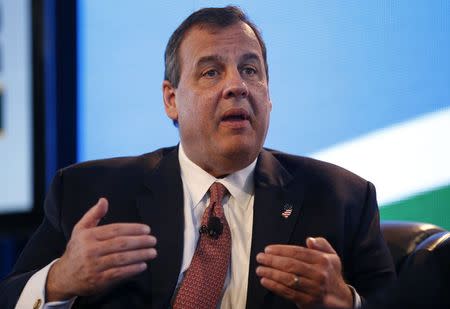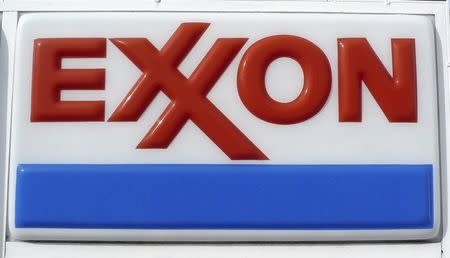New Jersey environmental bills move ahead with Exxon deal pending
By Hilary Russ NEW YORK (Reuters) - A New Jersey bill that calls for more money from environmental settlements to fund cleanups moved to the full state Assembly on Thursday in the wake of a controversial $225 million deal with Exxon Mobil Corp. A state Assembly committee released the bill, which was already approved by the New Jersey Senate. The committee also pushed forward a bill that would extend the public comment period on environmental settlements to 60 days from the current 30. Critics have questioned the timing, motivation and size of the Exxon agreement, which was announced earlier this month after more than a decade of litigation. The state had once calculated damages at $8.9 billion. The accord must undergo a public comment period and be approved by the judge overseeing the state's 2004 lawsuit against Exxon. Governor Chris Christie, a likely Republican contender in the 2016 U.S. presidential election, is facing a budget crunch at home. His administration said money from the settlement would not be available until at least fiscal 2016. The first $50 million of environmental settlements, like the one struck with Exxon, is used for restoration. Any remaining money can go into the state's general fund. The bill that moved forward on Thursday calls instead for 50 percent of that remaining money to be used for environmental purposes as well. Over several decades, an estimated 7 million gallons of petroleum products and chemicals were spilled or spread into the soil and groundwater at Exxon's two former refineries, in Linden and Bayonne. "What's happened here in Linden, it's a travesty," Linden Mayor Derek Armstead testified before the Assembly Judiciary Committee on Thursday. "I just don't trust the large corporations to be responsible enough to clean up." In certain areas, "the smell is horrific," he said. "We do have some wildlife and some fish in our streams, but I would never think of trying to bring one home for dinner." New Jersey Attorney General John Hoffman and Environmental Commissioner Bob Martin did not testify. Both declined invitations to appear because they felt it "wasn't appropriate," according to committee Chair John McKeon. He said at the hearing that the two officials told him that if they testify in support of the settlement but the judge rejects the deal, "then they would find themselves in a compromised position and would have to go back to the drawing board." (Reporting by Hilary Russ; Editing by Lisa Von Ahn)


